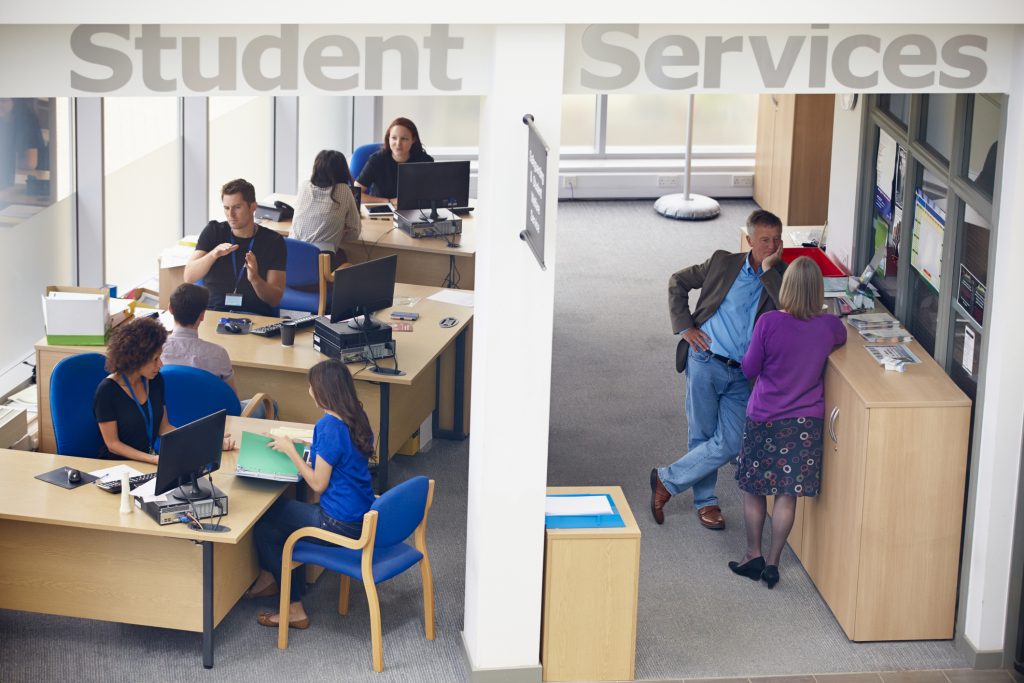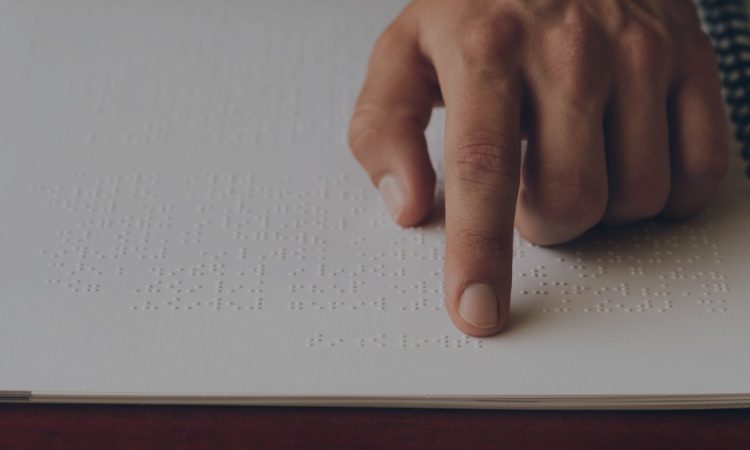As an Employment Specialist working with people with disabilities, I will always remember my first client who had schizophrenia. Before we started our work together, I was excited and anxious as well. I had worked with clients with a variety of mental-health concerns before, but schizophrenia sounded serious, challenging and, honestly, a bit scary. The many stereotypes and stigma surrounding the illness made me wonder if this would be a good experience for either of us or if I would even be able to help him find a direction and implement a plan. Despite my lack of experience and nerves, and his differences from my other clients, we concluded our work together when he was hired by his preferred employer and transitioned well to his job. I credit most of our success to his drive to succeed, passion for his chosen area of employment and ability to take advice and implement action steps. In the intervening 15 years of experience working with people with disabilities around career and employment, I realize how much I have learned about being human and helping others professionally.
In my current role as a Career Counsellor at the University of Toronto Mississauga, I join my colleagues in Accessibility Services one day a week as an Integrated Counsellor. Working with students receiving academic accommodations due to a wide array of disability concerns continues to be stimulating and eye-opening. As we move through the AODA (Accessibility for Ontarians with Disabilities Act) compliance process and embrace a more inclusive and equitable world of work, I hope some of my insights on ways to help people with disabilities around career and employment will be useful to you.
The elephant in the room?
Disability in the counselling space can hover around the edges of a conversation as an awkward, taboo subject that neither party feels comfortable broaching. As was the case with my client with schizophrenia, social stigma can reside in both the counsellor and client. Knowing if a student has a disability and how it affects them can inform all aspects of career work such as:
- Helping to set job goals based on strengths
- Co-developing workable strategies to build skills and experience
- Teaching job search skills and customizing approaches to attaining opportunities
- Supporting clients in adjusting to new work situations
Open discussions around these issues can be key to seeing a client with a disability achieve career success. Despite this, it’s hard to know whether to and when to signal our openness and comfort talking about it, and (more importantly) gauge if and when the client is. Here are some strategies to navigate the sometimes-tricky waters of conversations around career and disability.
If possible, have a frame
Sending an overt signal through marketing your service that you are open to these discussions is very useful. My frame of “Career Counselling for students receiving Accessibility Services” sends the message that I am comfortable and that this area of discussion is welcomed. Signals can be less overt than this such as: creating positive marketing messages to clients with disabilities and their allies, displaying a disability-positive poster in your space (here are some posters focused on post-secondary students), and making your space accessible and welcoming to those with disabilities. Make sure your program registration info and your email signature invite requests for accommodations. These small signals can set the tone for more direct and comfortable conversations around disability issues.
Accommodate your client’s needs
Making people with disabilities comfortable and helping them to get the most out of your services starts with asking them if they need any accommodations. I have found many have been reluctant to get what they need as they don’t want to make waves or get special treatment. Considering they may not have disclosed a disability yet and that moving to this topic immediately is not the best way to build a solid rapport; asking in a more friendly and informal tone can work better. For example: “Before we begin, is there anything I can do to make you more comfortable here or meet your needs better?” As you get to know the client, observe what seems to be working for them and what might be a problem. Examples include: “I noticed you seem to squint a bit when we are using the computer together. Can I move the monitor closer or magnify the text?” or “I noticed you seem less comfortable as our appointments progress and are holding your back. Do you need to take a break to stand up or move around?”
Once a client knows what you mean by accommodations and are serious about providing them, they may be more likely to ask for what they need. If they have disclosed a disability impact but they are unsure of what accommodations might be useful in session or in their community-based activities, check JAN’s SOAR (Searchable Online Accommodation Resource) to learn more.

The relationship is everything
Meaningful conversations around disability, and any barriers and concerns it might present, depend on developing a positive and trusting connection with the client. The best way to do this is to go back to counselling basics: unconditional positive high regard; non-expert stance; transparency about the steps and actions that could be taken; affirming the client’s strengths; and promoting client agency and control over the process. From this solid foundation, a wider variety of topics can be opened and more direct questions can be asked with little risk of damage to the counselling relationship.
Always ask
What are the best questions to ask someone with a disability? The kinds of questions you’d ask of anyone trying to find their career path! You know: questions about the kind of life they envision for themselves, what they value in a career, and what is meaningful and interesting to them. Ask lots of questions about their strengths and achievements – identifying and affirming strengths is especially important for clients with disabilities to counter any stigma on both sides. Celebrating strengths can be part of establishing trust and for them to know that “you get them” and appreciate them as people first and foremost. I
In most cases, exploring whether discussions around the client’s disability are relevant would come later. If you want to probe if disability concerns are present for the client, I’d recommend asking: “Do you have any concerns about the impact of your disability on your career success (job search, interview etc.)?” and/or “Would it be helpful for me to know more about this / how your disability impacts you?”
Forget what you know
No two people with the same disability have the same experience. Your previous experience with a client with a particular disability may not be very helpful to the next client with the same diagnosis and could be counterproductive. Using previous client situations as a template may result in incorrect assumptions that can limit rapport and shut down dialogue. When taking a referral from another counsellor or organization, try going in with fresh eyes and do not review the client’s case notes substantially (if your organization’s process permits this). Being curious about their lived experiences and being direct can be respectful – if you are confident and ask good questions.
Talk about disclosure
If your clients seems uncomfortable with questions around disability barriers, affirm their right to non-disclosure. This is a great opportunity to explain more about disclosure and accommodations and their right to not disclose in your work with them and beyond. Becoming knowledgeable about this topic can signal to the client that you can support them to make disclosure and accommodations decisions as a jobseeker, student or employee. A great resource for this is in the UTM Career Centre’s Accessibility Pages.
Get their feedback
Periodically, inquire if the help they are getting is in line with their goals and expectations for coming to see you. Ask them to give some honest feedback on how the sessions could be more helpful to them. Encourage their agency and efficacy by asking them to set the focus each session on what they want to accomplish. For those who have issues with executive functioning, organization or memory, spend some time together before the start of the session brainstorming what they want to accomplish. Providing a copy of your session notes with steps agreed on can enhance client agency and demonstrate your commitment to transparency.
Reflect and debrief
Working with people with disabilities adds levels of diversity and intersectionality that can present great potential for skills growth and profound sense of accomplishment for both the counsellor and client. That being said, sometimes it can be very straightforward, too! That is the beauty of it – it keeps you on your toes and open to whatever the client brings. Returning to the theme of ‘counselling skills 101’, self-reflection on successes and less than successes and learning from them (either alone, with a supervisor or mentor, or in a staff debrief situation) is the key to working well and helping your clients reach their next level of wellness in their careers and life journeys.
Want the best of CareerWise delivered to your inbox each week? Subscribe to our popular CareerWise Weekly newsletter to receive top news and views in career development every Tuesday.




